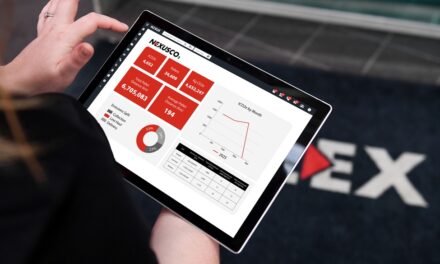
DHL reveals plans for massive investment in Middle East
To mark the 30th anniversary of its presence in the Middle East region, Dr. Klaus Zumwinkel, Chairman and Chief Executive Officer of Deutsche Post World Net, has announced the Group’s growth strategy for the region at a press conference held in Dubai.
He revealed that DHL is set to expand its operations at Dubai World Central by more than 300,000 square metres over the coming years. He also announced that his company will invest significantly into expanding its presence at the new Dubai Logistics City (DLC).
The expanded facilities build upon the existing footprint of 85,000 square metres in the Jebel Ali Free Zone, which is operated by Danzas AEI Emirates. The group’s logistics entity, which represents the DHL Global Forwarding and Exel Supply Chain businesses in this region, recently announced two additional signing agreements. The first is on 30,000 square metres at the new Cargo Village Jebel Ali Airport forwarding area with an option for a further 15,000 square metres. It has also secured an additional 155,000 square meters in the DLC’s specialised contract logistics area with an option for another 78,000 square metres.
Meanwhile DHL Express plans to further invest in a new air integrator hub facility on a 50,000 square metre plot at the new World Central Airport in Jebel Ali. This hub facility will complement DHL’s existing infrastructure network and provide long-term growth capacity to its Middle East air/road distribution model.
The investment by DHL is an important step in the development of the express and logistics sector in the region. It will increase the level of competition in the region, and direct competitors will be examining their own investment strategies in light of DHL’s moves. The Middle Eastern logistics market is growing rapidly due to the development of domestic consumer demand, construction logistics, oil and gas industry as well as positioning itself as a regional freight forwarding hub. Investment such as these will drive increased efficiencies, reducing costs and increasing customer service. For more information on the region follow the link to Ti’s recent report Middle East Logistics.












